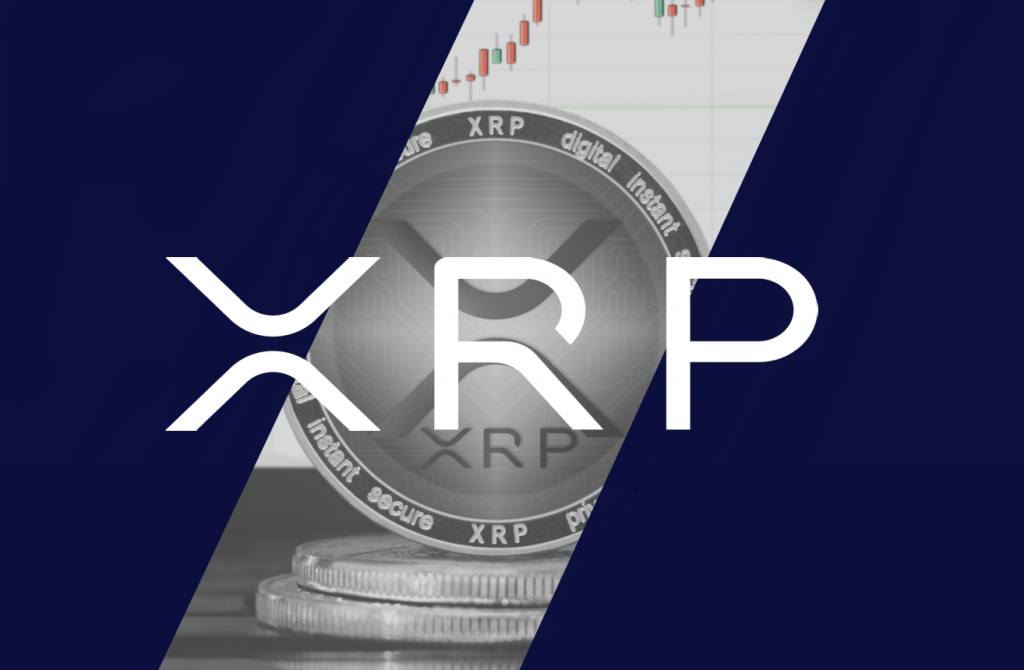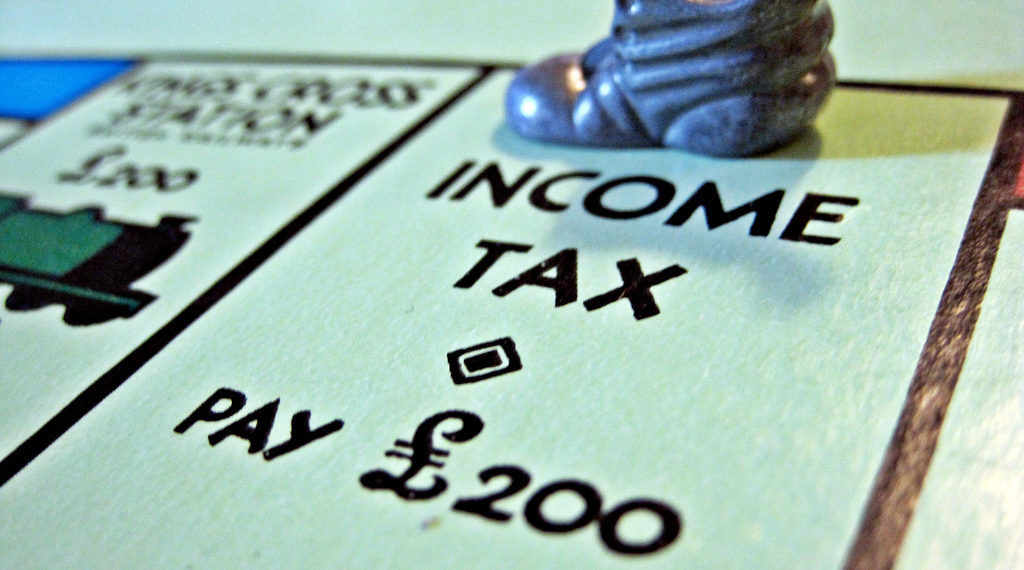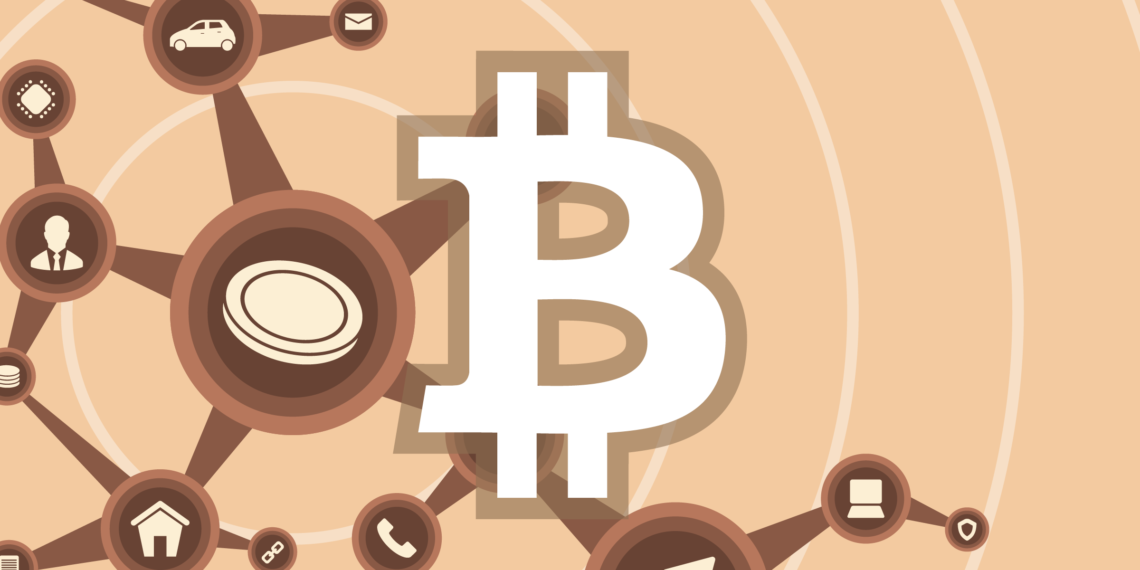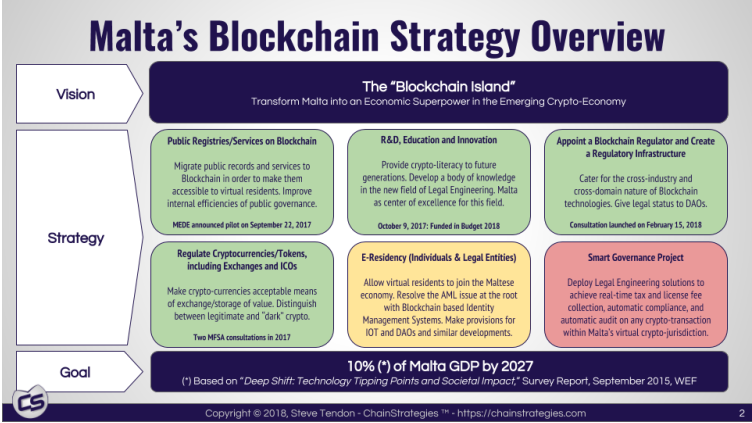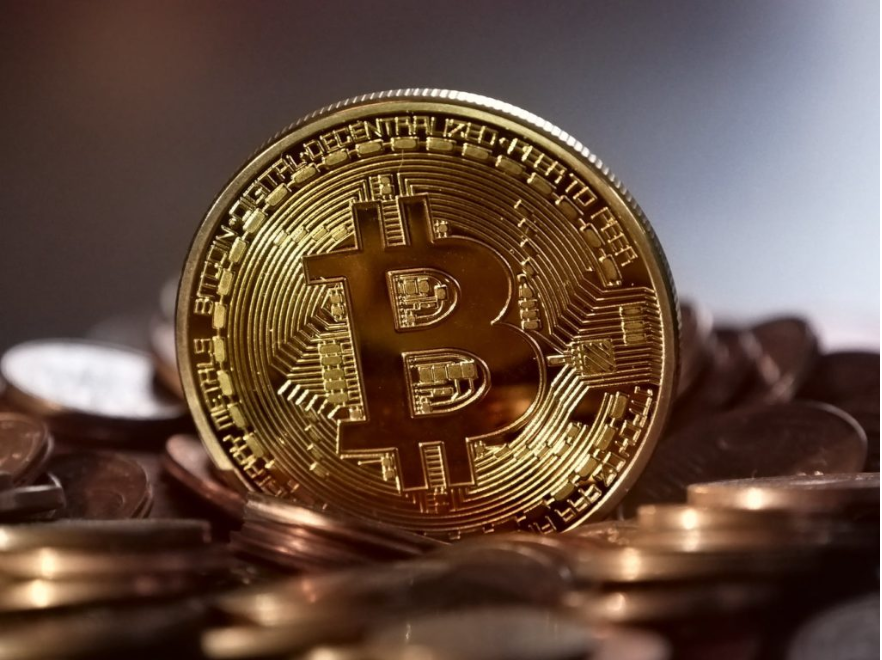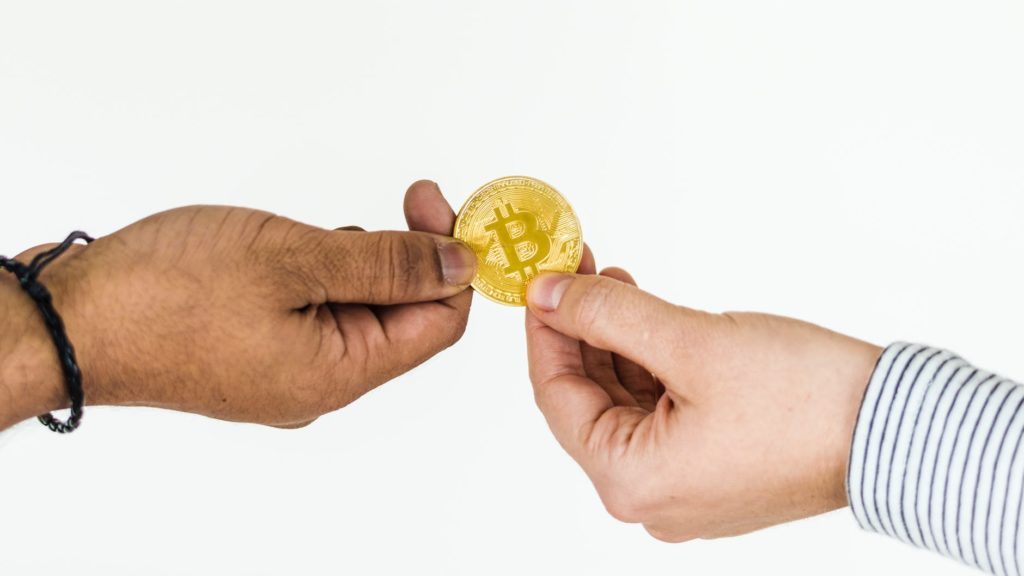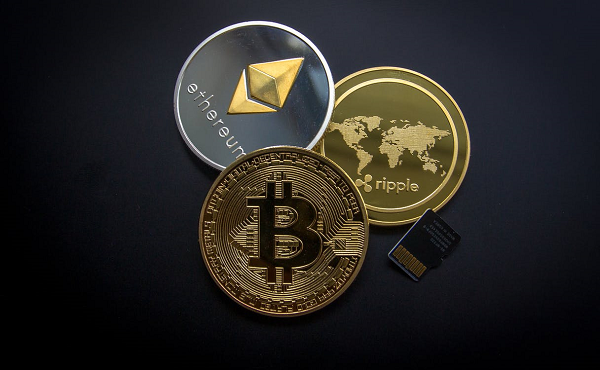'Forbes' Launches Blockchain Newsletter Aimed At Potential Crypto Investors
by Melynda Fuller , February 13, 2019
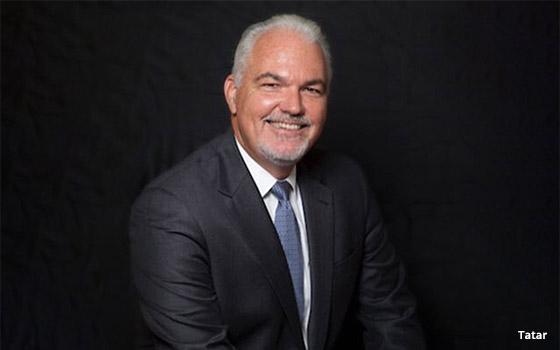
Earlier this year, Forbes began to send a new premium-subscription digital newsletter called Forbes CryptoAsset & Blockchain to select Forbes customers with the intent of deepening its blockchain coverage and further establishing itself as a voice in the field.
The newsletter is edited by Jack Tatar, an investor and co-author of “CryptoAssets: The Innovative Investor’s Guide to Bitcoin and Beyond.”
Forbes’ stable of journalists will contribute to the monthly publication, interviewing notables from the field like Ripple’s CTO David Schwartz, cofounder and CEO of Zcash Zooko Wilcox, and Morgan Creek Capital’s Mark Yusko.
The newsletter costs $595 a year or $195 a quarter, and is not supported by advertising.
“This newsletter is geared toward educating potential investors in blockchain and crypto, and the goal is to provide actionable and profitable advice,” Matt Schifrin, vice president and managing editor of Money & Markets at Forbes, told Publishers Daily.
“It builds upon Forbes’ broader coverage that covers news, technology insights, crypto game changers, enterprise blockchain and issues important to crypto traders.”
According to Schifrin, Forbes began to establish itself as a leading voice in crypto and blockchain when it launched its first annual Fintech 50 list in 2015. Last year, the outlet hired enterprise blockchain reporter Michael del Castillo to join its budding group of writers covering the beat.
In the coming months, said Schifrin, the outlet will publish its first-ever Forbes Blockchain 50 list that covers the most important companies in the space.
Schifrin said. “As crypto-mania subsides, we believe many of the biggest advances in blockchain technology will come from enterprises that have been quietly embracing this nascent technology.”
Nina La France, senior vice president of consumer marketing and business development at Forbes, reports that early engagement with the first issue is high and retention among the first batch of subscribers is solid. Soon, Forbes will roll out marketing campaigns across email, social, webinars, Forbes.com and the magazine to attract new newsletter subscribers.
Original article written by Melynda Fuller and posted on the MediaPost.com site.





